Table of Contents
- Introduction
- The Role of Diet in Managing High Blood Pressure
- The Role of Diet in Managing High Cholesterol
- Foods to Include in Your Diet
- Foods to Avoid in Your Diet
- Key Takeaways
- FAQ
Introduction
High blood pressure and high cholesterol are two common health conditions that can be managed through diet and lifestyle changes. In this article, we will explore the role of diet in managing these conditions and provide tips on healthy eating.
The Role of Diet in Managing High Blood Pressure
A diet high in sodium and saturated fats can contribute to high blood pressure. To manage high blood pressure, it is important to consume a diet rich in fruits, vegetables, whole grains, and lean proteins. Limiting salt intake and avoiding processed foods can also help lower blood pressure levels.
High blood pressure, also known as hypertension, is a common condition that can have serious health implications if left untreated. One of the key factors in managing high blood pressure is following a healthy diet.
A diet high in sodium, saturated fats, and cholesterol can contribute to high blood pressure. Therefore, it is important to focus on eating a balanced diet that is low in these substances.
Foods that are beneficial for managing high blood pressure include fruits, vegetables, whole grains, lean proteins, and foods high in potassium, such as bananas and sweet potatoes. These foods can help lower blood pressure and reduce the risk of heart disease.
In addition to eating a healthy diet, it is important to limit the intake of alcohol, caffeine, and processed foods. Regular exercise, maintaining a healthy weight, and managing stress can also play a key role in managing high blood pressure.
Overall, making healthy choices when it comes to diet and lifestyle can help lower blood pressure and reduce the risk of developing complications related to hypertension. By following a balanced diet and making healthy choices, you can take control of your health and improve your overall well-being.
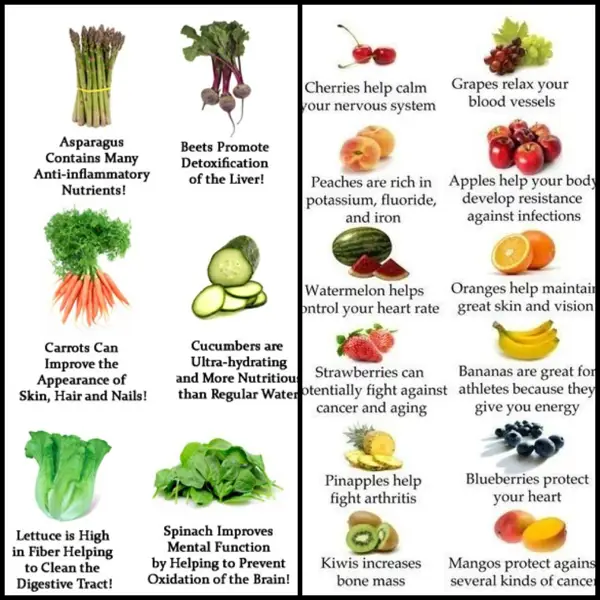
The Role of Diet in Managing High Cholesterol
Diet plays a crucial role in managing high cholesterol levels. Consuming foods high in saturated and trans fats can increase cholesterol levels. Including foods rich in soluble fiber, such as oats, beans, and fruits, can help lower cholesterol levels. Incorporating healthy fats, such as those found in nuts and olive oil, can also improve cholesterol levels.
High cholesterol and high blood pressure are common health concerns that can lead to serious conditions such as heart disease and stroke. One of the key factors in managing these conditions is through diet.
A diet high in saturated fats, trans fats, and cholesterol can contribute to elevated cholesterol levels and high blood pressure. It is important to focus on incorporating heart-healthy foods into your diet, such as fruits, vegetables, whole grains, and lean proteins. These foods can help lower cholesterol levels and reduce blood pressure.
Additionally, reducing sodium intake can help lower blood pressure. Avoiding processed and high-sodium foods can help in managing high blood pressure and cholesterol levels. It is also important to limit the intake of sugary beverages and alcohol, as they can contribute to weight gain and elevated cholesterol levels.
Overall, making small changes to your diet can have a significant impact on managing high cholesterol and high blood pressure. Consult with a healthcare provider or a registered dietitian to create a personalized diet plan that meets your individual needs and goals.
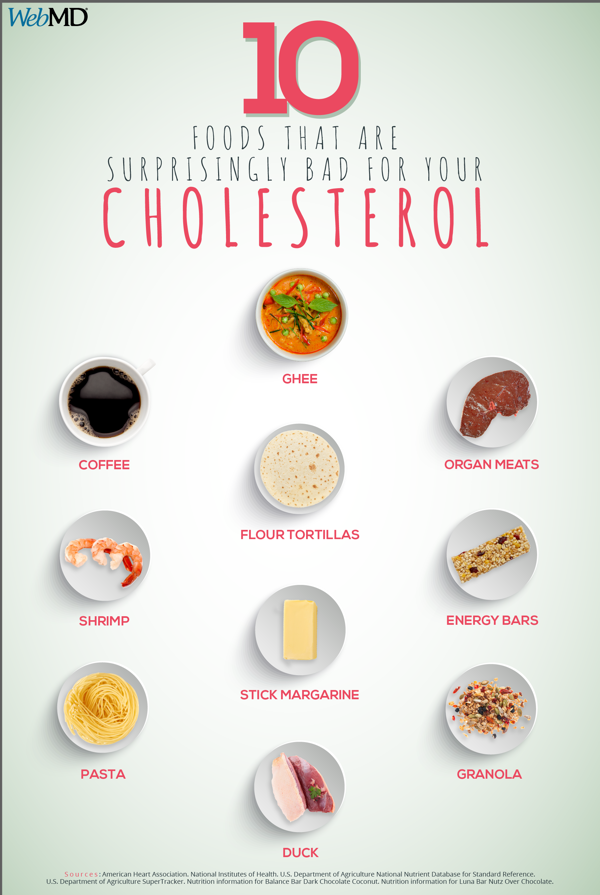
Foods to Include in Your Diet
Some foods that can help manage high blood pressure and cholesterol include:
When managing high blood pressure and cholesterol levels, it is important to follow a healthy and balanced diet. Including the following foods in your diet can help improve your heart health and lower your risk of complications:
- Leafy green vegetables such as spinach, kale, and Swiss chard are high in potassium and magnesium, which can help lower blood pressure.
- Fatty fish like salmon, mackerel, and sardines are rich in omega-3 fatty acids, which can help reduce cholesterol levels and inflammation in the body.
- Whole grains such as brown rice, quinoa, and oats provide fiber and nutrients that can help lower cholesterol and regulate blood pressure.
- Nuts and seeds like almonds, walnuts, and flaxseeds are high in heart-healthy fats and fiber, which can help improve cholesterol levels.
- Fruits such as berries, oranges, and apples are rich in antioxidants and fiber, which can help lower blood pressure and cholesterol levels.
- Lean proteins like chicken, turkey, and tofu can help support heart health and maintain a healthy weight.
- Dairy products such as low-fat milk, yogurt, and cheese provide calcium and vitamin D, which are important for heart health.
Remember to also limit your intake of saturated fats, trans fats, and added sugars, as these can contribute to high blood pressure and cholesterol levels. Eating a variety of nutrient-rich foods and following a balanced diet can help you better manage your heart health.
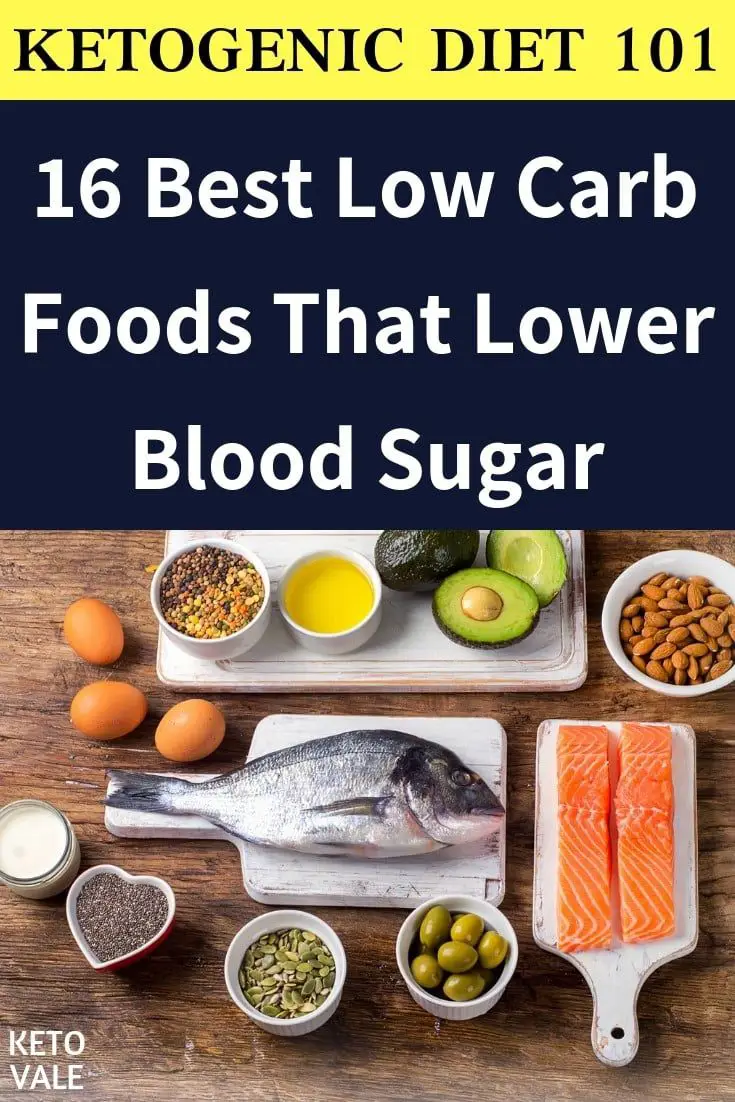
- Fruits and vegetables
- Whole grains
- Lean proteins
- Soluble fiber-rich foods
- Healthy fats
Foods to Avoid in Your Diet
Avoiding certain foods can also help in managing high blood pressure and cholesterol levels. Some foods to limit or avoid include:
When managing high blood pressure and cholesterol, it is important to pay attention to what you eat. Certain foods can worsen these conditions and should be avoided. Here are some foods to avoid in your diet:
- Salt: Consuming high amounts of salt can raise your blood pressure, so it is important to limit your salt intake. Avoid adding extra salt to your food and try to choose low-sodium options when available.
- Trans fats: Trans fats are known to raise bad cholesterol levels and lower good cholesterol levels. Avoid foods that contain partially hydrogenated oils, such as fried foods and processed snacks.
- Saturated fats: Saturated fats can also raise your bad cholesterol levels. Limit your intake of red meat, full-fat dairy products, and processed meats like bacon and sausage.
- Sugar: Consuming too much sugar can lead to weight gain and increase your risk of high blood pressure and cholesterol problems. Try to limit your intake of sugary drinks, candies, and desserts.
- Processed foods: Processed foods often contain high amounts of salt, sugar, and unhealthy fats. Opt for whole foods instead, such as fruits, vegetables, whole grains, and lean proteins.
By avoiding these foods and focusing on a balanced diet rich in fruits, vegetables, whole grains, and lean proteins, you can help manage your high blood pressure and cholesterol levels. Remember to consult with a healthcare professional or dietitian for personalized dietary recommendations.
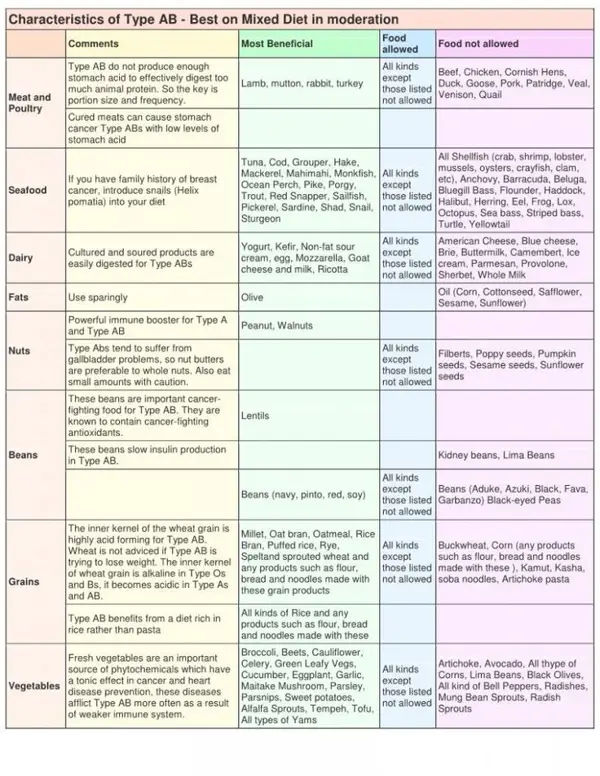
- Processed foods high in sodium
- Saturated and trans fats
- Sugary drinks
- Red meat
Key Takeaways
It is essential to maintain a healthy diet high in fiber and low in saturated fats to manage high blood pressure and cholesterol levels effectively. Incorporating fruits, vegetables, whole grains, lean proteins, and healthy fats into your diet can help improve your overall cardiovascular health.
FAQ
Q: Can exercise help in managing high blood pressure and cholesterol?
A: Yes, regular physical activity can complement a healthy diet in managing high blood pressure and cholesterol levels.
Q: Are there any specific diets recommended for managing high blood pressure and cholesterol?
A: The DASH (Dietary Approaches to Stop Hypertension) diet and Mediterranean diet are two popular choices for managing these conditions.
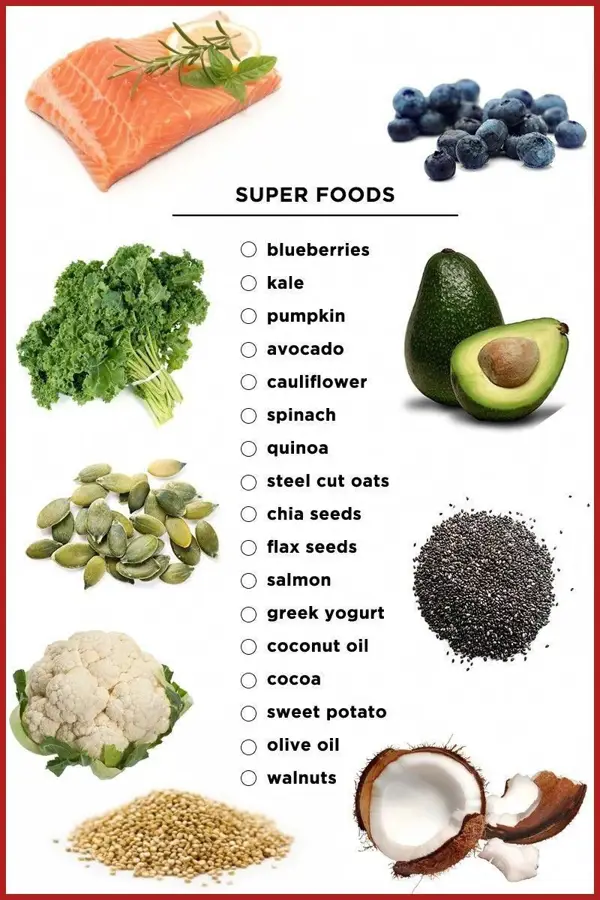


Recent Comments